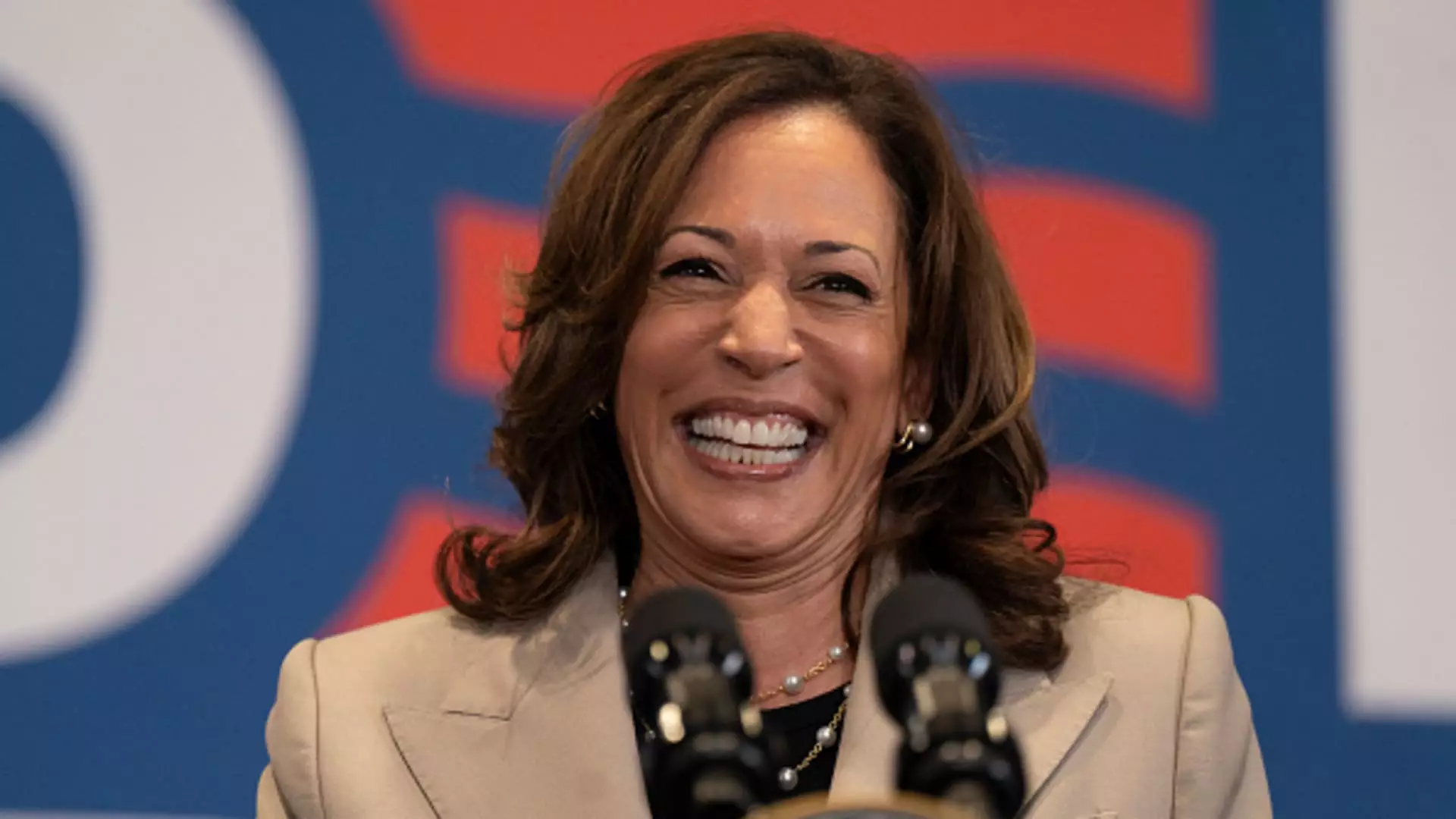As President Joe Biden exits the election race, all eyes turn to Vice President Kamala Harris as the likely Democratic nominee. Experts are eagerly anticipating her unveiling of tax policies, which are expected to align closely with Biden’s proposals of increased taxes on the affluent and corporations. Harris has yet to provide a detailed economic agenda, but her previous stances on various issues suggest a continuation of the themes championed by the Biden campaign.
Harris has indicated that she shares many of the same priorities as Biden, but her distinct proposals prior to the end of her campaign in December 2019 hint at potentially unique approaches. Observers speculate that Harris could largely align with Biden’s strategies, especially on a broader scale. Garrett Watson, a senior policy analyst, notes that Harris may find herself constrained in her policy decisions if she leverages Biden’s campaign infrastructure and staff, limiting her ability to pursue a different path.
Looking ahead, experts emphasize that Harris must confront significant tax policy challenges, particularly in light of the expiration of numerous tax breaks after 2025. The Tax Cuts and Jobs Act (TCJA) enacted under former President Donald Trump has reshaped the tax landscape by altering federal income brackets, increasing standard deductions, and expanding the child tax credit. While Trump aims to extend TCJA provisions fully, Biden’s approach focuses on renewing tax breaks solely for individuals earning less than $400,000.
One crucial question surrounds whether Harris will uphold Biden’s commitment not to raise taxes on individuals below the $400,000 income threshold. This decision carries significant implications for future Democratic tax policies and negotiations over TCJA provisions. During her 2020 campaign, Harris proposed the LIFT the Middle Class Act, introducing a refundable tax credit for single filers and married couples. Conversely, Biden and his fellow Democrats have emphasized enhancing the child tax credit, culminating in a recent House-approved expansion.
The child tax credit has emerged as a pivotal issue in the tax policy arena, with Harris likely to concentrate on this area throughout her campaign. Highlighting the disparity between tax cuts for billionaires in the previous administration and assistance for families through the child tax credit, Harris underscores the importance of addressing child poverty in America. The recent American Rescue Plan bolstered the child tax credit significantly, resulting in a notable decline in the child poverty rate.
Following the expiration of pandemic relief measures, childhood poverty rates experienced a sharp increase, underscoring the significance of effective tax policies in addressing social challenges. Harris faces the task of navigating complex tax issues, balancing the need for economic growth with social welfare considerations. As the Democratic frontrunner, her tax policy decisions will play a crucial role in shaping the future trajectory of the nation’s fiscal landscape.

Leave a Reply